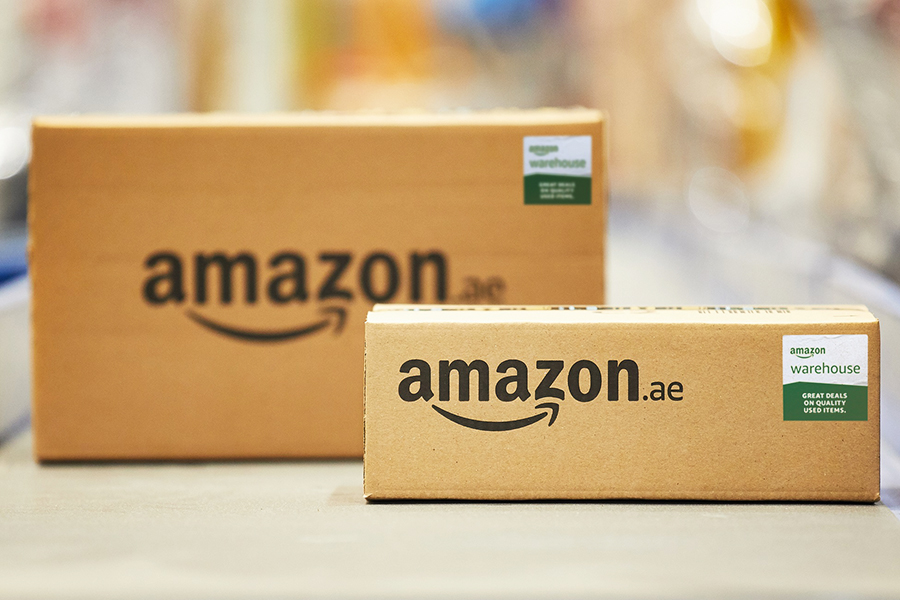
Online retail giant, Amazon has announced plans to open department stores in the U.S., expanding its brick-and-mortar presence.
According to the Wall Street Journal, some of the first stores are expected to be located in Ohio and California. The new retail spaces will be around 30,000 square feet, smaller than most department stores, which typically occupy about 100,000 square feet, and will offer items from top consumer brands.
Currently, Amazon operates curated 4-Star stores, as well as AmazonGo stores, but the new retail outlet will dwarf many of the company’s other physical retail spaces and will have a footprint similar to scaled-down formats that Bloomingdale’s Inc., Nordstrom Inc. and other department-store chains have begun opening.
In the last few years, US and UK retailers such as Toys R Us, Muji USA, Debenhams and Maplin have gone under for numerous reasons, however, Amazon’s move into big box retail might not really be catastrophic, according to analysts.
“Department stores did not die because the concept of a store that stocks many goods is irrelevant. If this were so a retailer like Target, which is essentially a department store for the modern era, would not be thriving. Traditional US department stores have been the author of their own demise by their failure to innovative and adapt,” said Neil Saunders, Managing Director of Retail Analysts GlobalData.
Traditionally, department stores were the best collaboration that the industry saw between retailers. “Considering the business model isn’t working anymore, the industry will have to think of new concepts and innovative ways to work together. I think we are going to see in the future where like-minded retailers that offer complimentary products to each other, collaborating to create larger retail experiential environments. I think a superstore that has complimentary products by three or four retailers would work,” said Jayant Ganwani, CEO of Lals Group.
While traditional retailers are seeing value in going online, e-commerce players are increasingly discovering the value of having a physical presence. E-commerce top guns like Amazon and Ali Baba have realised it for a while and have been adopting an omnichannel approach to reach its customers where they want to reached.